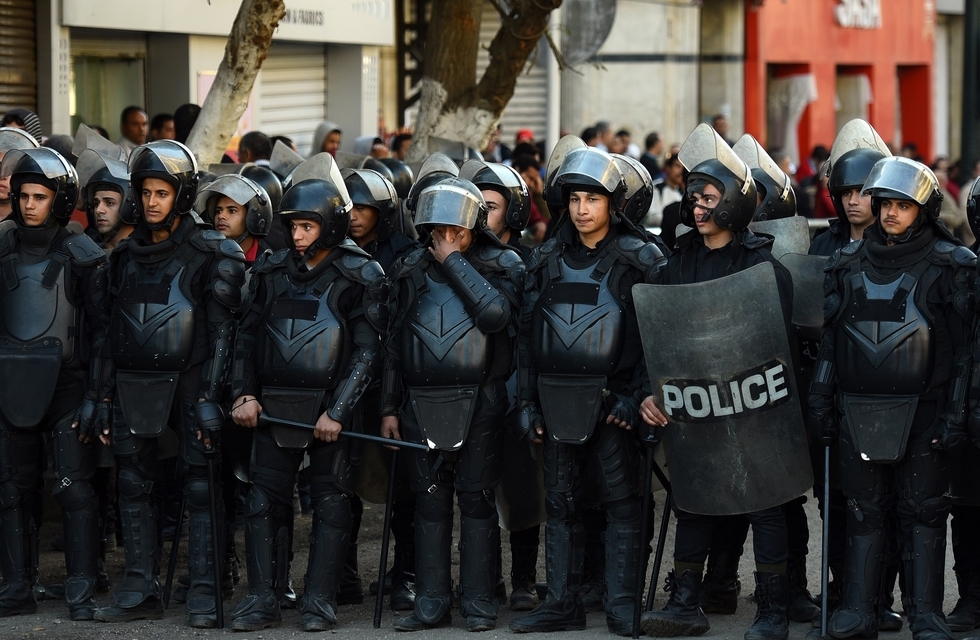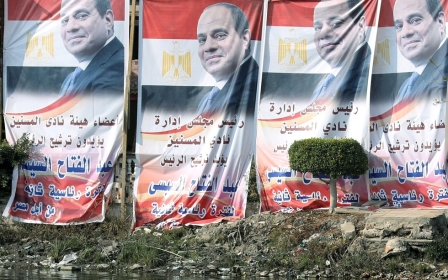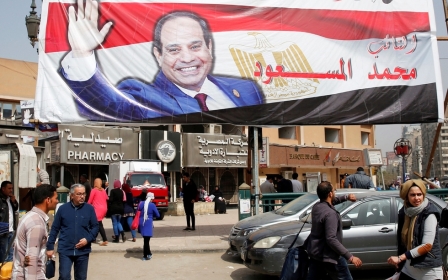Egypt extends state of emergency for three months

Egypt extended its nationwide state of emergency for three months from 14 April, the official gazette said early Saturday.
Egypt first imposed the current state of emergency in April 2017 after two church bombings killed at least 45 people. It was extended in July and again in October, then in January.
Egyptian President Abdel Fattah al-Sisi issued a decree on Saturday to extend the curfew already in place with a new declaration.
The latest extension was to allow security forces to "take [measures] necessary to confront the dangers and funding of terrorism and safeguard security in all parts of the country," the official gazette said.
Rights group have criticised the emergency law, which they say enables a government crackdown on journalists and dissidents.
"The 1958 Emergency Law gives unchecked powers to security forces to arrest and detain and allows the government to impose media censorship and order forced evictions," Human Rights Watch said in a report released earlier this year.
In the lead-up to the March presidential election, in which Sisi was practically unopposed, the government intensified its suppression of political opposition and dissenting voices in the media.
"It is clear that the Egyptian authorities are hell-bent on arresting and harassing anyone who stands against President Sisi," Najia Bounaim, North Africa campaigns director at Amnesty International, said in a statement in January.
"This is consistent with the Egyptian government’s ongoing efforts to crush dissent and consolidate power by attacking civil society, activists and human rights defenders in the country."
Egypt faces militant attacks from Islamic State group in the remote North Sinai region that have killed hundreds of soldiers and policemen in recent years and have expanded to include attacks on civilians.
Other militants operating in the western desert bordering Libya have also attacked security forces.
Egypt also extended curfews on parts of North Sinai, including areas of the border town of Rafah, near Gaza, from 7pm to 6am local time, and around EL-Arish from 1am to 5am, the official gazette said.
New MEE newsletter: Jerusalem Dispatch
Sign up to get the latest insights and analysis on Israel-Palestine, alongside Turkey Unpacked and other MEE newsletters
Middle East Eye delivers independent and unrivalled coverage and analysis of the Middle East, North Africa and beyond. To learn more about republishing this content and the associated fees, please fill out this form. More about MEE can be found here.




